#DealerNews
Ford’s EV Requirements for Dealers Are Totally Unacceptable, Say Connecticut Legislators
Connecticut legislators from both sides of the political fence appear to be less than thrilled with Ford about the deadline it’s imposing on dealerships vying to sell all-electric vehicles. Blue Oval wants retailers to make sizable investments to install on-site charging stations and retrain their staff on how to service EVs. For some stores, this means doling out over one-million dollars just to have the privilege of selling the latest models coming from the Ford Motor Company.
Carvana Lost $500 Million Last Quarter
Carvana – the used vehicle retailer with giant automotive vending machines – has reported that it suffered a $508 million net loss for the third quarter of 2022. Combined with the $945 million it bled through the first half of the year, the business is upside down for nearly $1.5 billion and we’ve still got three months left.
Car Dealers Cheesed Over FTC's Proposed Rule Changes
Federal Trade Commission (FTC) has proposed comprehensive rules changes regarding dealership advertising and how finance and insurance offices are handled. However, dealers, specifically the National Automobile Dealers Association (NADA), aren’t happy with these new ideas and have issued formal challenges to the regulatory scheme.
Study Claims Gen Z Doesn't Like Buying Cars
Younger drivers have reportedly had it with the dealership experience, with Gen Z even more disenfranchised than Millennials. Though it’s difficult to imagine anybody visiting a showroom within the last 12 months having any other reaction. Incentives are down, prices are up, and there’s a good chance whatever you wanted to buy isn’t going to be on the lot anyway. Someone saying they had an exemplary dealer experience is becoming about as common as people claiming they enjoy going to the DMV.
However, CDK Global Inc. still opted to conduct a survey in the hopes of determining just how much less tolerant younger shoppers might be compared to older generations. The takeaway probably isn’t going to shock you, even if the sheer volume of first-time buyers that don’t care for dealerships might.
Report: U.S. Automotive Market in Rough Shape
The U.S. light-vehicle market doesn’t appear to be in the best health. While many automakers now opt against issuing monthly sales reports, those that still do are posting some pretty brutal numbers.
This does not bode well for an industry that seemed pretty certain that 2022 would be its recovery year. However, it is on-brand with the slew of announcements made by manufacturers warning about supply constraints and an inability to manufacture at scale. There has also been a growing sense that some consumers may be shunning vehicles that have spent the last several months trading well above what seems rational. Wholesale pricing actually declined by roughly 6 percent since the January record. Though you may not see that represented on dealer lots or even have noticed if it was because last month still saw transactions averaging 14 percent higher than they were last year.
Mercedes Ending Dealer Sales Model in Europe
Following word that Mercedes-Benz wanted to refocus on producing high-end luxury vehicles with loftier profit margins, the German automaker has decided to eliminate dealerships in Europe so it can move on a direct-sales model similar to what’s offered by Tesla.
The company is reportedly eliminating up to 20 percent of its dealerships in its home country and roughly 10 percent globally (with a focus on Europe). This follows previous assertions by Mercedes that half of the brand’s domestic sales will be done via an “agency model” by 2023. Following an agreement with its own dealer network, the company said late in 2021 that it would begin eliminating the traditional scheme of dealers buying their vehicle stock based on market conditions with consumers coming in to haggle. The new plan puts more financial pressure on Mercedes and eliminates any chance of price negotiation. Meanwhile, dealers will get some cash for every vehicle sold and whatever after-sales services they can render.
NADA Wants to Stop Catalytic Converter Theft
The National Automobile Dealers Association (NADA) and a dozen related trade groups are petitioning Congress to crack down on stolen catalytic converters. The emission control devices are loaded up with valuable metals and are relatively easy to steal if you’re slim enough to get beneath a parked car and happen to have a reciprocating saw handy — making them prime targets for cash strapped criminals, especially now that material prices are on the rise.
Cities across the country have reported an increase in catalytic converter theft this year. While a majority of police departments are estimating a year-over-year increase of under 40 percent, some have said their figures are substantially larger. In March, Las Vegas Police Department estimated there were 87 percent more vehicles with hacked apart exhaust pipes in 2022. Philadelphia was even higher, reporting a staggering 172 percent increase in dismantled exhaust systems.
Mega Dealerships Continue Consolidating Strength
If you frequent this website, there’s a good chance you’ve seen an article discussing how smaller car dealerships are being incorporated into larger entities over the last few years. As with most other industries, the trend has been accelerating and Automotive News just shared the metrics showing how far we’ve come over the last decade. According to the report, consolidation among mega dealers has made heaps of progress of late and should continue on with their mission of never-ending growth because none of them want to become the little guy after every pint-sized showroom has been bought up in North America.
Genesis Leaves the Nest With First Solo Store
Genesis is an interesting brand. Decades after Japanese automakers launched premium nameplates of their own, South Korea’s Hyundai decided to spin off one of its sedans into an entire luxury sub-brand in 2015. The resulting vehicles have been solid performers, representing excellent value for individuals in the market for something fancier. Genesis is building real luxury cars and working to differentiate those models from Hyundai Motor Groups’ mainstream products.
But it’s had to overcome plenty of obstacles. While Genesis’ product might be dunking on some of the other Asian luxury brands, achieving the same notoriety has been difficult for the fresh nameplate. The company also isn’t targeting Acura, Infiniti, and Lexus. Its sights are set on the Germans, with many vehicles already comparing favorably. But if Genesis is to become a serious rival, it needs to distance itself from the Hyundai and Kia models it traditionally shares a lot with — resulting in its very first standalone retail store in the United States.
Dealers Annoyed With Price of EV Charger Installs
As the industry continues struggling with its planned swap to electric vehicles, we’ve seen plenty of framing suggesting dealer networks are only too happy to participate. But it’s usually juxtaposed with articles indicating that pushback exists, typically whenever the metaphorical rubber meets the road. This month provided several premium examples stemming from the National Automobile Dealers Association Expo (NADA Show 2022) held at the Las Vegas Convention Center.
Though the best had to be when several dealer groups piped up about how much it’s actually going to cost them to install some of the newer chargers some manufacturers believe should be mandatory if they’re intent on selling EVs. Some showrooms are finding out that not all buildings are wired for the high loads incurred by modern charging systems, requiring additional financial investments they hadn’t counted on. With automotive dealerships using product delays as leverage for unprecedented vehicle pricing, it’s nice to see them getting a taste of their own medicine. Or it would be if the costs for updating facilities weren’t guaranteed to be reflected on future window stickers.
Hyundai, Genesis Warning Dealers About Markups
With dealers having spent the last 12 months placing egregious markups on automobiles, it has become a seller’s market, to say the least. New vehicle transactions are currently averaging $6,000 more than they would have been in the previous annum. But prices had already climbed by $3,000 (year-over-year) in 2020 due to production shortfalls, encouraging fleet managers to scoop up every used vehicle they could find until secondhand cars became likewise overpriced.
It’s an abysmal situation for consumers and automakers have begun to realize they’ll be getting blamed if something isn’t done. As a result, we’ve started to see manufacturers publicly chiding showrooms for placing lofty “market adjustments” on new automobiles. Ford Motor Co. and General Motors have both made formal declarations that they’ll be penalizing dealers who issue ludicrous markups on products wearing their emblems, with Hyundai Motor Group issuing similar threats to greedy retailers this week.
IIHS Study Suggests Buyers of Used Vehicles Learn Less About Their Car
The Insurance Institute for Highway Safety (IIHS) is claiming that individuals shopping for a secondhand automobile end up learning less about the modern features lurking within their automobiles. Considering salespeople have meetings about how best to hype the advanced driving aids in new models, this one really shouldn’t have required a survey for the IIHS to piece it together. But the outlet appears to be attempting to link this alleged lack of knowledge to make claims that it’ll somehow contribute to the probably of used vehicles being involved in a crash.
“Used car buyers were substantially less likely than new car buyers to know about the advanced driver assistance features present on their vehicles,” stated IIHS Senior Research Scientist Ian Reagan, the author of the study. “They were also less likely to be able to describe how those features work, and they had less trust in them. That could translate into less frequent use, causing crash reductions from these systems to wane.”
Ford CEO Asks Dealers to End Markups, Plans Punishment
You’re probably well acquainted with dealer markups by now. Supply shortages created during the pandemic have left the world with fewer automobiles and car dealerships are taking full advantage of the elevated demand. As you might have expected, this trend resulted in plenty of people overpaying or becoming cautious of a market they now see as wildly predatory.
Car manufacturers have begun asking dealerships to take it easy on the price gouging. General Motors made its plea last week and Ford has followed up by reiterating its own concerns during the company’s Q4 2021 earnings report. The Oval is worried that dealer markups are tainting its relationship with customers, with top executives making casual references to the trend back in November. Ford CEO Jim Farley is now telling dealers that they need to cut it out lest they be punished by the manufacturer.
Industry Braces for Increased Volumes, Lower-Margin Vehicles
It’s a little early in the year to say anything definitive about 2022 vehicle volumes, however, the automotive industry has been signaling that production numbers should begin to rise in the coming months. While that sentence should be cause for a sigh of relief, there are parts of the industry that might not feel as good about it as you probably do.
With supply chain problems having drastically limited vehicle production during the pandemic, many dealers opted to price their goods well above anything that could be considered normal. This worked out poorly for many of the smaller outfits as larger retailers enjoyed record-breaking profits in 2021. Some manufacturers also benefited financially, as the chip shortage allowed them to prioritize their highest-margin products. Unfortunately for them, 2022 is likely to bring affordable vehicles back into play and gradually pull pricing closer to something approaching normality.
Ford Pausing Reservations on Maverick Hybrid Until Summer
Ford’s sales success with the Maverick pickup has been undeniable. But if you’re in need of more evidence, the automaker has begun notifying dealerships to stop taking reservations on the base hybrid model because it doesn’t even think it can keep up with the existing backlog.




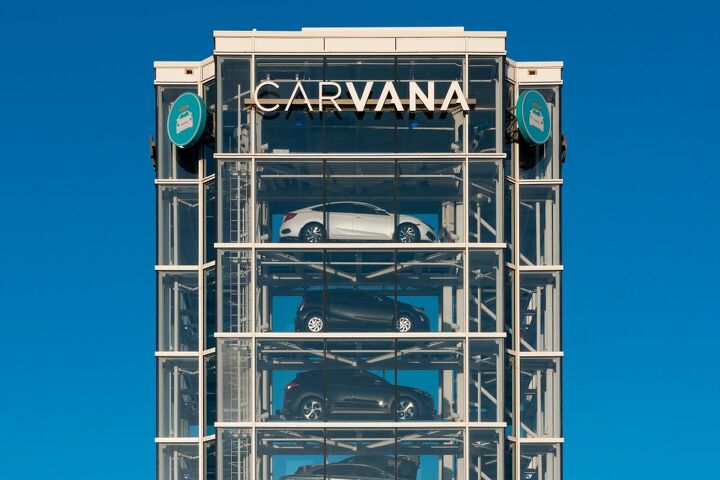



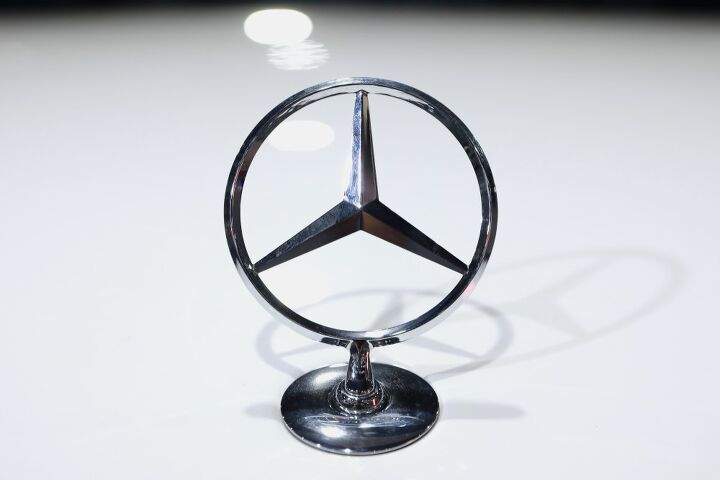
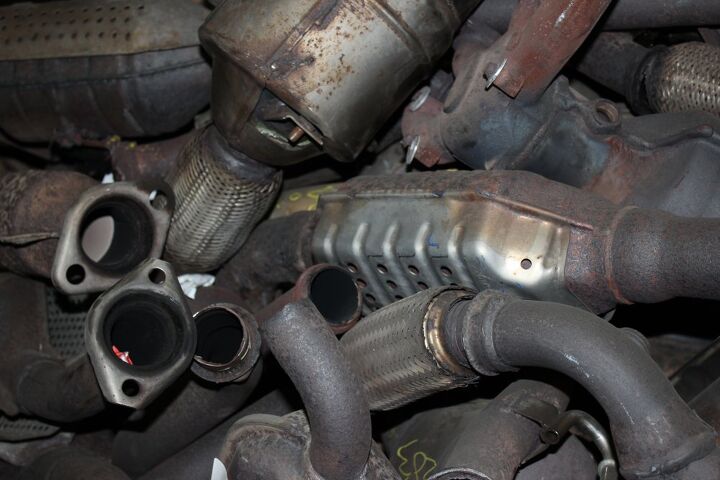
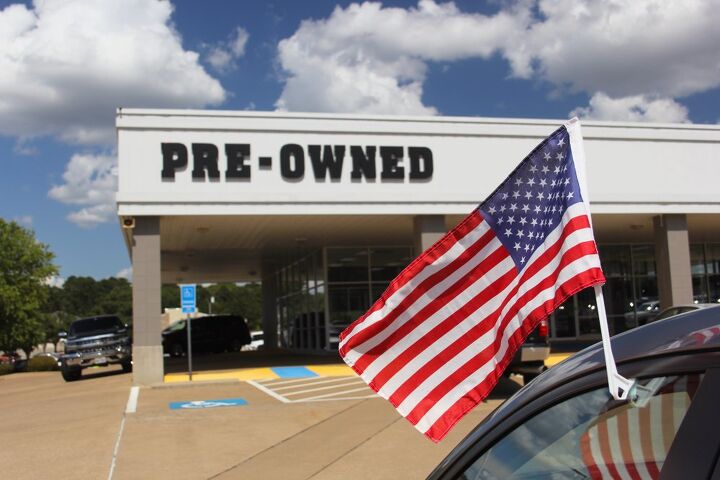
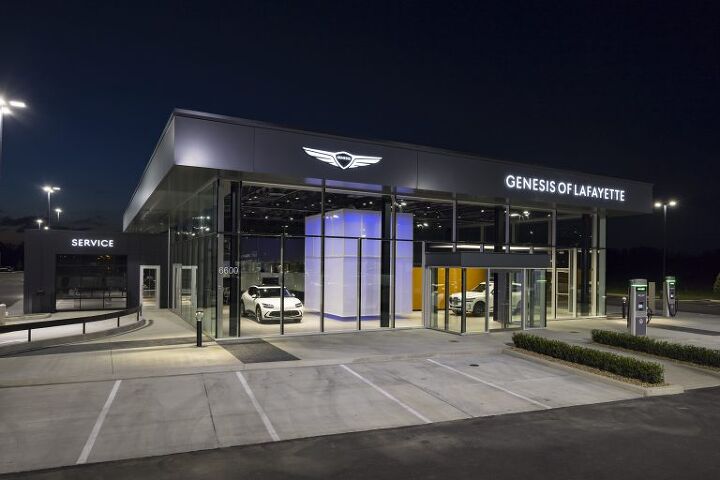
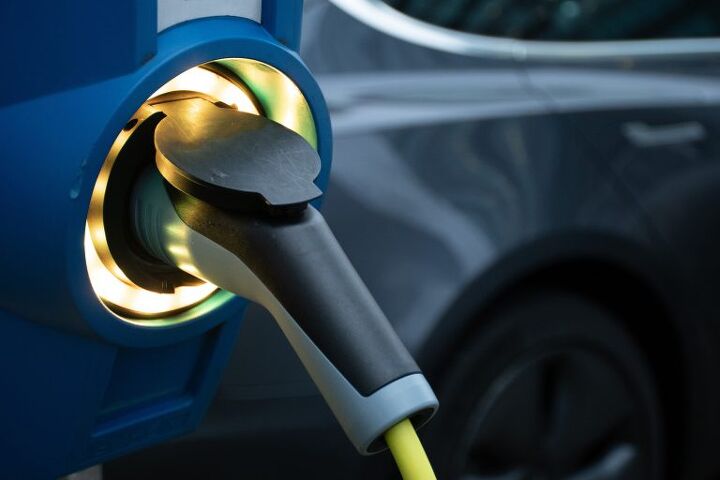
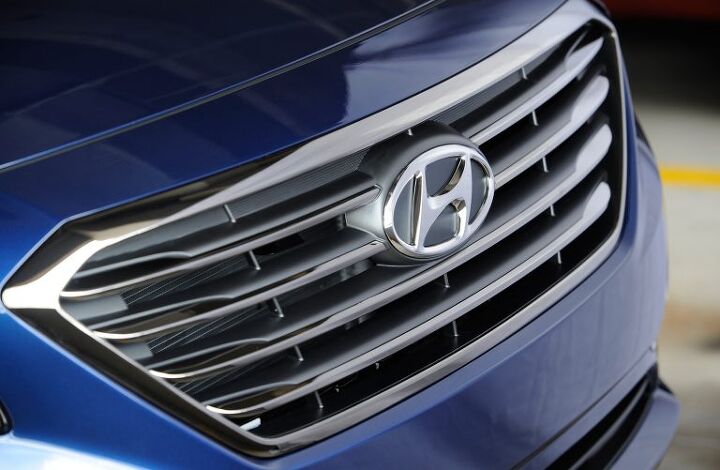
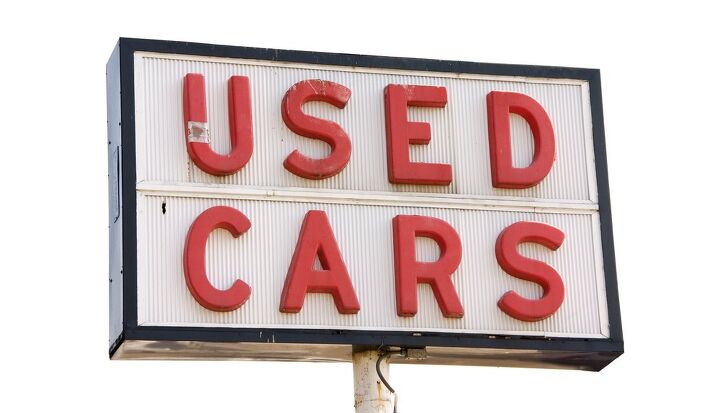















Recent Comments